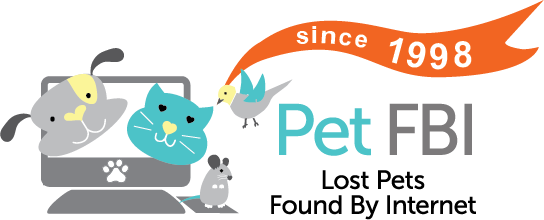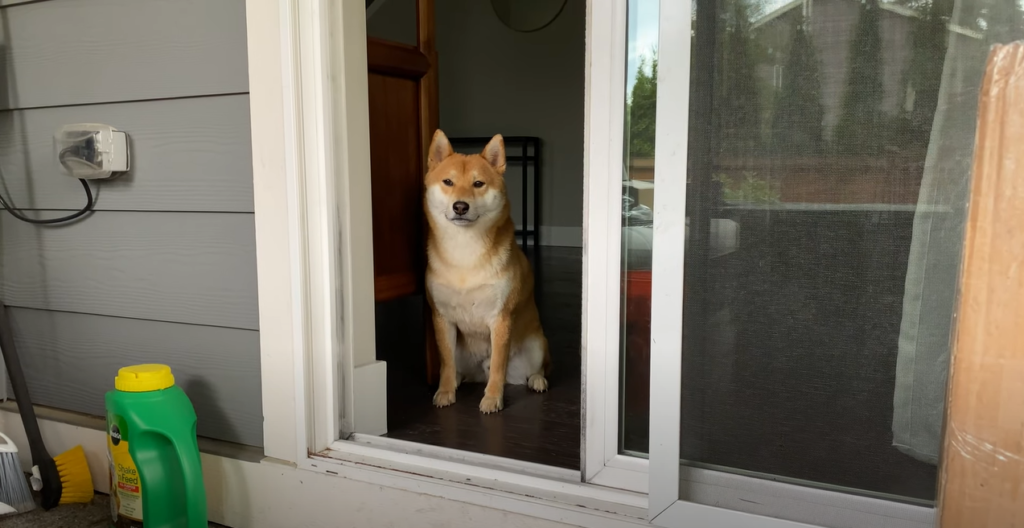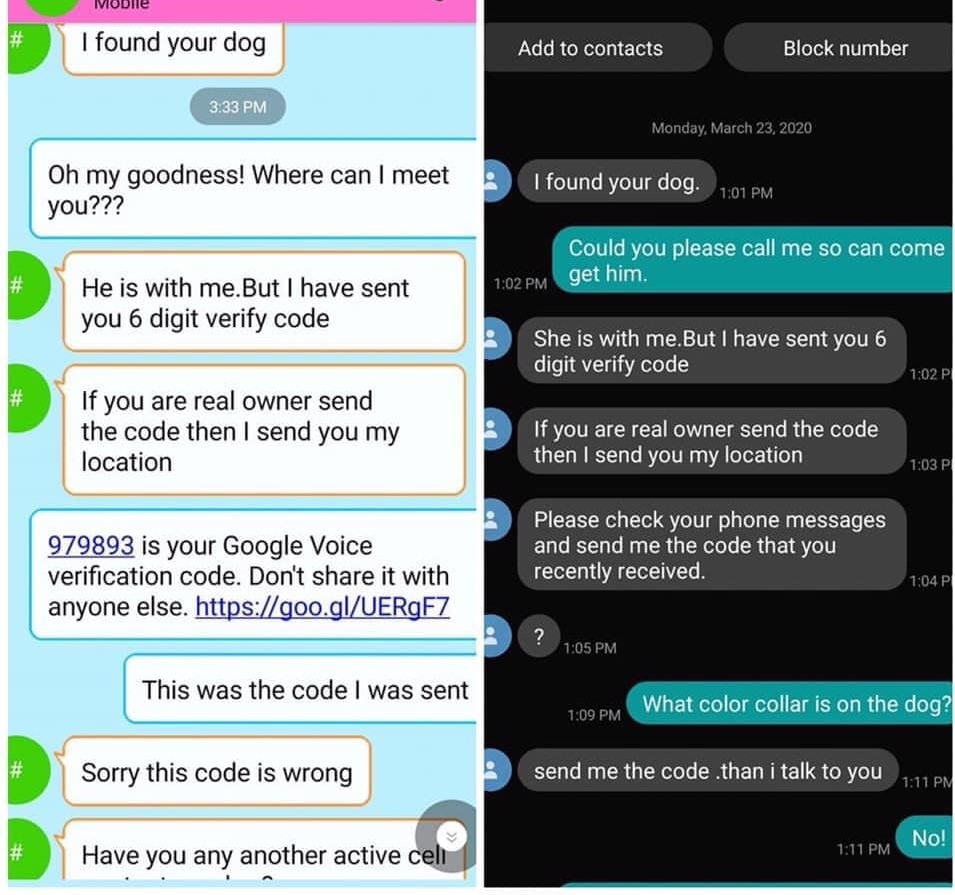Contributed by guest blogger Amanda Prather from ratpoisonfacts.org.
If you have a pest problem in your home, you’ll want to take care of it as soon as possible. The problem is, you also have pets that you need to protect. Can you get rid of those pests without your cat or dog getting into the baits or poisons? If you’re careful, you certainly can. Here is how to store poisons and household chemicals out of reach of your pets to keep them safe.
Storing Household Chemicals
There are many chemicals you keep in your house that should be kept out of reach in order to keep your pets safe. This includes household cleaners, such as bleach. Usually, keeping them in a cupboard your pets can’t access will be enough to keep them safe. However, if your pets are able to open doors, it’s a good idea to put child locks on them to ensure your pets can’t get in.
When cleaning your home, keep your pets away from the area you’re cleaning. This is especially true when cleaning floors. Pets may come through a recently cleaned area and then lick their paws, ingesting the chemicals. Wait for the floors to dry before you allow the pets back into the area.
Pest Control Items
When it comes to pest control, you need to be careful. You don’t want your pets to accidentally pick up these items and harm themselves. Rat poison poses the most danger to your pets and is one of the most common types of poison used.
If your pet has ingested rat poison, you will see varying symptoms depending on the ingredients in the poison itself. Most common rat poisons are designed to start internal bleeding so you may see coughing, vomiting with blood, lethargy, difficulty breathing, or collapse. There is an antidote to most common rat poisons, but you will need to get help right away.
Then there is the issue of dead pests. Once you’ve laid out a bait, you’ll probably find dead pests around the area. If you find any, dispose of them properly right away so your pets can’t get to them. A locked bin is ideal for this.
Finally, let’s consider insecticides. These are usually in liquid aerosol form making them very harmful to your pets. When they’re liquid, your pet’s body can absorb them much more easily. If you are using an aerosol insecticide spray, keep your pet away until the spray has dried. Once dried, the spray is less harmful to them.
Wildlife and Poisons
It’s not just your pets that are at risk if you’re using poisons, especially rat poisons. Your use will affect wildlife at large around your home. For example, predators that prey on rats will be affected if they feed on rats that have eaten the poison. This is a serious concern as some of these species, such as northern spotted owls, are endangered.
In some cases, the poison gets passed up the food chain. This enables the poison to affect several groups of animals, and sometimes even stay in their body for years.
There have been changes in poisons used for pest control, with newer varieties aiming to do less harm to wildlife. If you are concerned about the effect they have, you can look into non-lethal traps in order to protect them.
What to Do If a Pet Ingests Poison
No matter how careful you are, your pets can be persistent and still manage to get into poisons. If you suspect that your pet has eaten something harmful to them, call your emergency vet right away. It’s a very good idea to keep the number for them saved on your phone, so you’re ready if anything happens. However, if you take precautions, then the risk of your pet becoming ill is very low.
It’s easier than it looks to keep your pets safe from pest control poisons and other harmful substances. Educate yourself on what is harmful to your pet and keep these items out of their reach as much as possible. Keep an eye on your pet when using pest control tools to ensure they do not come in contact with them.



